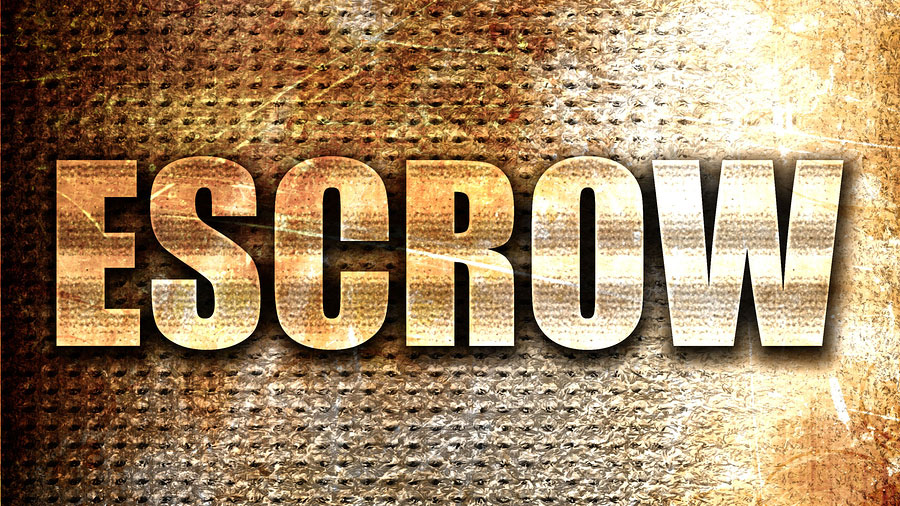When you get a mortgage, your lender has a keen interest in ensuring you can pay all of the expenses related to your home. If you have a lien against your home because you failed to pay your tax bill or sewer bill, your lender stands to lose big. Many mortgage providers require, and all offer, an escrow account to help protect them against this. If you are new to the mortgage world, you may be wondering what an escrow is and how it affects your mortgage. Here’s a closer look at how escrows work in Maryland.
What Is an Escrow Account?
An escrow account is an account your lender uses to hold money temporarily until certain expenses come due. At closing, some money is placed into the escrow account to fund the first year’s expenses, and then you continue to add money to it through your monthly mortgage payments for upcoming years. Escrow accounts can also be called expense accounts.
What Is Paid Through an Escrow Account?
Under Maryland law, escrow account funds can be used to pay a variety of expenses, including:
- Real estate taxes
- Insurance premiums
- Water and sewer facilities assessments
These are the types of expenses that come up once or twice a year and require a large chunk of money. By setting up the mortgage to put that money away automatically, and then paying it on your behalf, your lender ensures there is never a lack of funds that puts your home at risk for a lien or foreclosure action.
Your escrow account amounts will be set based on your estimated costs. If your costs go up, the bank will cover the difference, then increase your escrow payments in the coming year.
Escrow Accounts and Interest
While your bank collects the money from you and holds it on your behalf, they are going to earn interest on it. Maryland law requires that the lender pay you interest on that account that is equal to or more than the weekly average yield in the United States. In other words, you can earn a tiny bit on that escrow account, all while ensuring your big expenses are paid.
Benefits of an Escrow Account
An escrow account doesn’t just benefit your lender. It benefits you. An escrow account forces your discipline to set aside the money for your big bills that will eventually come due. It ensures the funds are ready through smaller monthly payment amounts, so you never have to worry. It also provides an automated payment process, so you never have to write a check for those large bills.
Your home loan comes with terms, like escrow, that you may not fully understand. A Maryland mortgage professional can help you understand these terms as you seek to find the right loan. If you are in the market for your first home loan, reach out to Tom Cumpston at First Home Mortgage today for the right help.
Source
https://govt.westlaw.com/mdc/Document/NE9BEF6B0855911E88B67F0A125193DC0?viewType=FullText&originationContext=documenttoc&transitionType=CategoryPageItem&contextData=(sc.Default)


